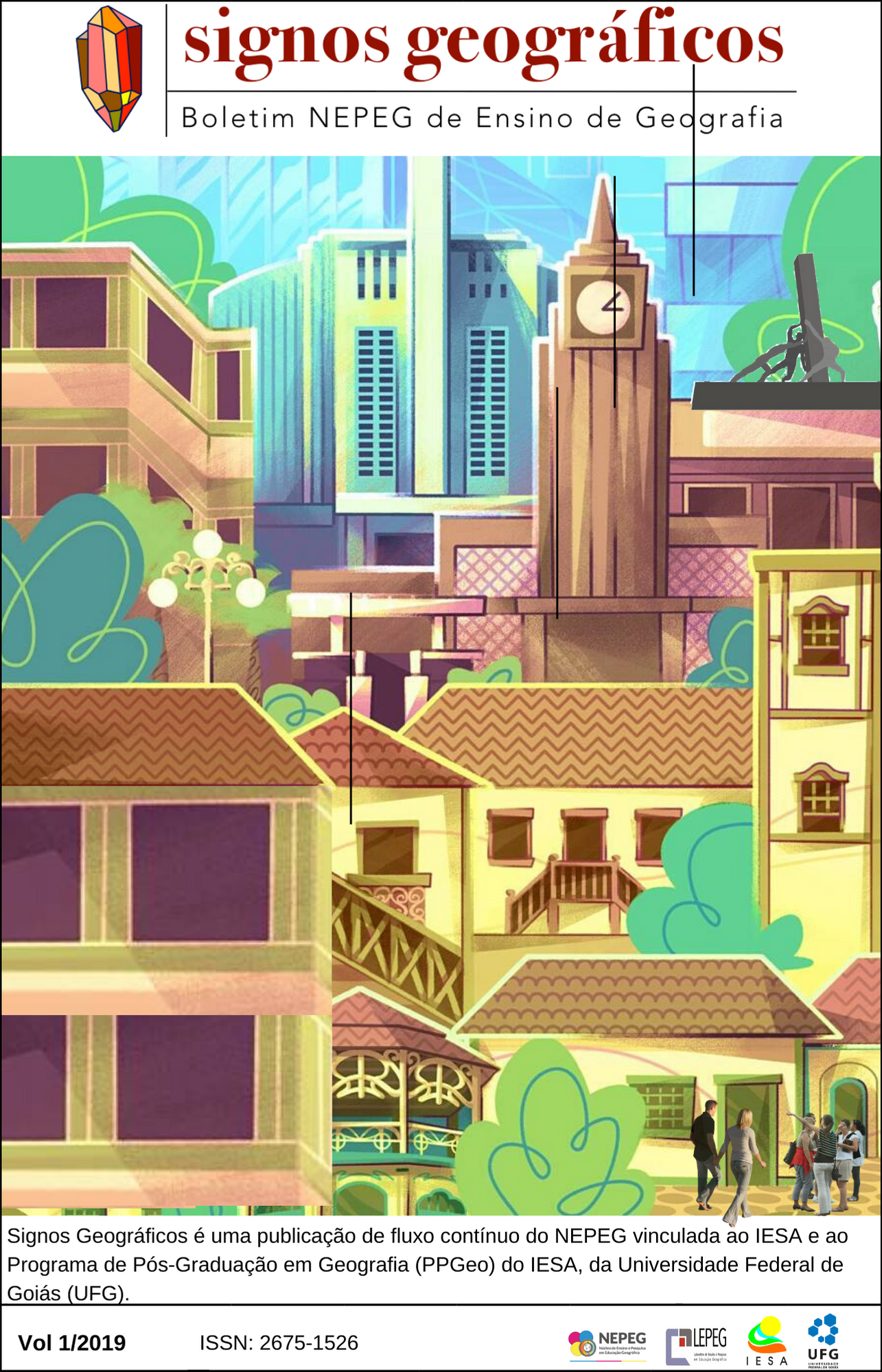A GEOGRAFICIDADE DO COTIDIANO COMO CATEGORIA CIENTÍFICO-DIDÁTICA PARA ENSINAR E APRENDER NA ESCOLA
Mots-clés :
Geografia, categorias geográficas, categorias científico-didáticas, arquitetônica espaço-temporalRésumé
No âmbito da educação, o cotidiano é frequentemente apontado como referência enquanto conteúdo, por estar implicado nos conhecimentos conceituais, e enquanto elo na mediação pedagógica devido à sua articulação com as relações construídas pelos sujeitos nas aulas. Essa arguição remete à relevância de configurar teoricamente a noção de cotidiano, o que nos empenhamos para realizar neste texto por meio da sua sustentação alicerçada no espaço geográfico. Propomos que o cotidiano seja entendido e assumido como categoria científico-didática da área da Geografia, por sua implicação ao espaço e à ciência geográfica, e por se configurar como dispositivo às aprendizagens de conhecimentos e conceitos nas diferentes áreas do conhecimento. Assim, o objetivo deste artigo é compreender a dimensão geográfica do cotidiano, sustentando-o como categoria científico-didática, que serve como modos de conhecer e pensar, intrincados ao espaço geográfico. Configurada como ensaio teórico, a pesquisa permite inferir que o cotidiano é dispositivo às aprendizagens sistemáticas, se pautado em pressupostos científico-didáticos da Geografia, e que, para isso, é importante reconhecê-lo enquanto arquitetônica espaço-temporal elaborada pelos sujeitos e o diálogo como possibilidade metodológica nas aulas.








